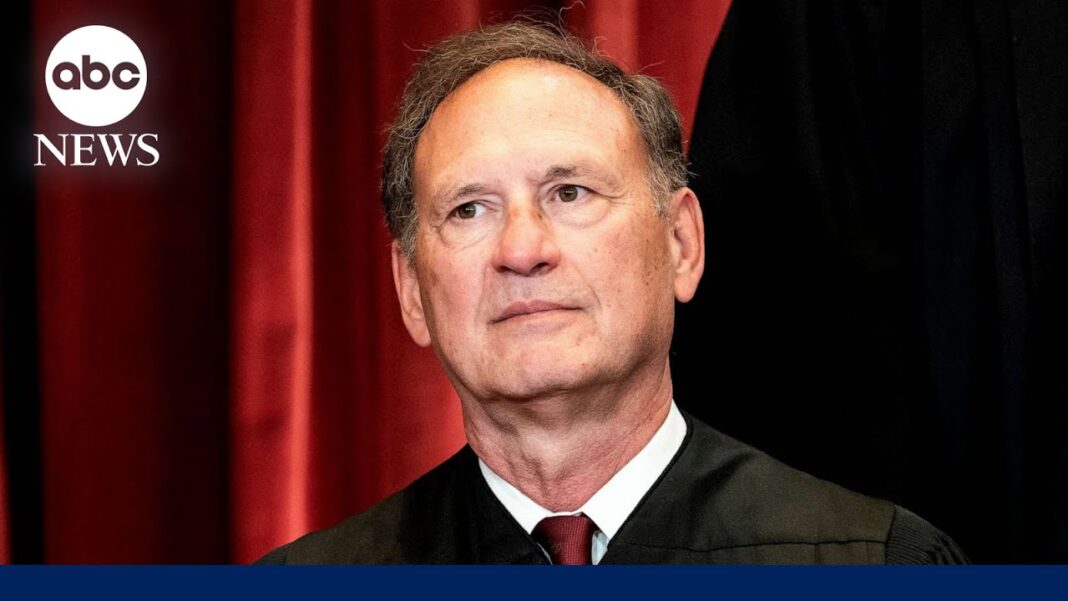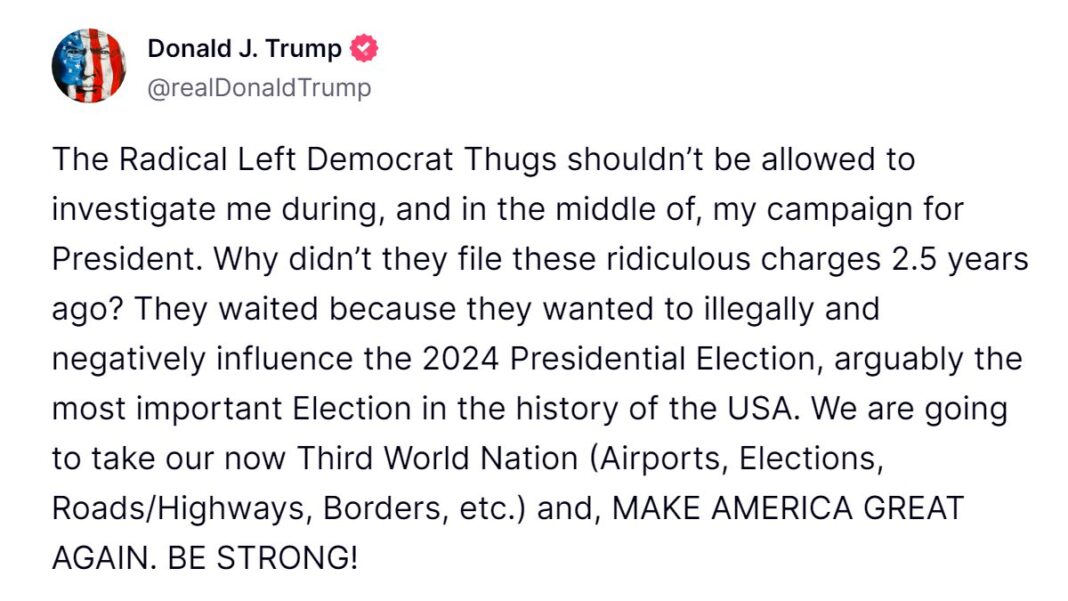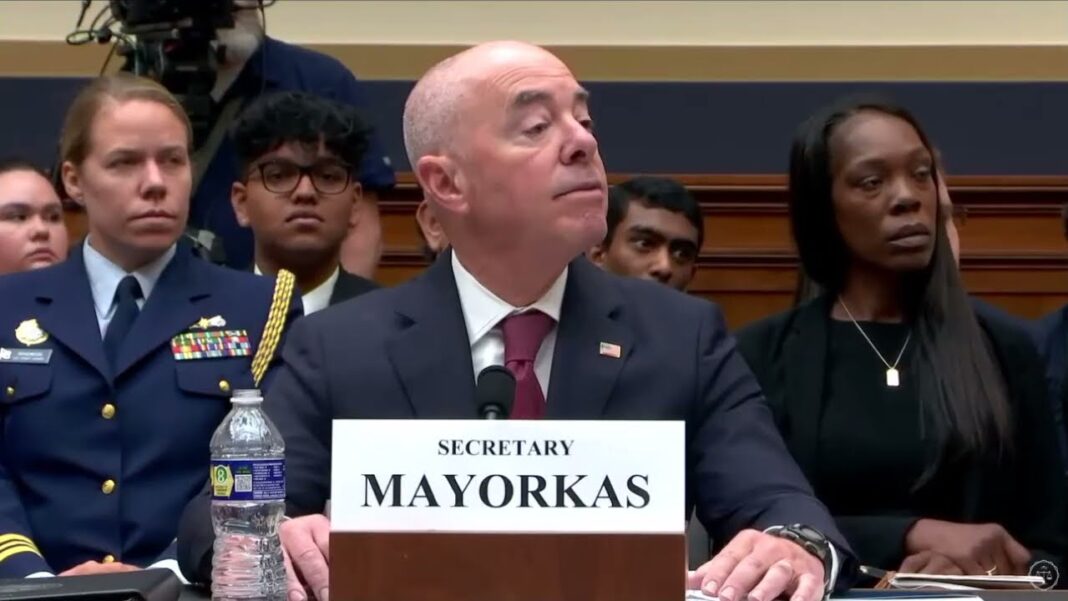Answering Democrat critics who want to legislatively impose a code of conduct on the Supreme Court, Justice Samuel Alito said Congress has no constitutional authority to regulate the court.
“Congress did not create the Supreme Court”—the Constitution did, Justice Alito told The Wall Street Journal in an interview published on July 28.
“I know this is a controversial view, but I’m willing to say it,” he said. “No provision in the Constitution gives them the authority to regulate the Supreme Court—period.”
He was referring to Article III, section 1 of the Constitution, which states: “The judicial power of the United States, shall be vested in one Supreme Court, and in such inferior courts as the Congress may from time to time ordain and establish.”
His Republican supporters say that means Congress has a relatively free hand to regulate lower courts—including creating and abolishing them—but can do very little to the Supreme Court.
Justice Alito said he isn’t sure whether his colleagues on the nation’s highest court agree with this view.
“I don’t know that any of my colleagues have spoken about it publicly, so I don’t think I should say. But I think it is something we have all thought about,” he said.
Justice Alito’s comments came after the Democrat-controlled Senate Judiciary Committee narrowly approved a Democrat-backed Supreme Court ethics reform bill on July 20 on a party-line vote.
Republicans oppose the legislation, the proposed Supreme Court Ethics, Recusal, and Transparency Act (SCERT) of 2023 (S.359), which they say is unconstitutional. They have suggested that Democrats—many of whom want to pack the Supreme Court with liberal justices—want to move against the judicial body only because its six-member conservative-leaning majority has been handing down decisions they find objectionable.
The proposal, sponsored by Sen. Sheldon Whitehouse (D-R.I.), chairman of one of the Senate Judiciary Committee’s panels, would direct the Supreme Court to issue a code of conduct governing its own members and require justices to recuse themselves from certain cases. It also would mandate the public disclosure of gifts, paid travel, and income information.







